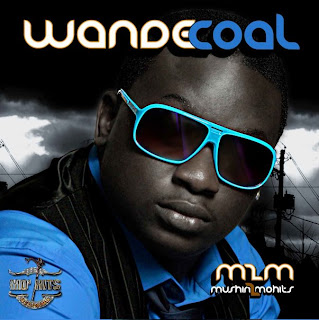
A review of Segun Afolabi’s A Life Elsewhere
I find the title of this debut story collection A Life Elsewhere apt, for indeed what the author seeks to achieve with these seventeen stories or so is a literary embellishment of an anthropological concept. It is notable that there is no eponymous story which lends it title to the collection as trends demand. The title seems to be grafted from the motive behind each story: an exposition into the Immigrant Experience, a thematic concern most Nigerian writers residing abroad often flirt with.
Perhaps the sudden removal from their culture and their erstwhile homeland often metes upon them the desire to pose their experience as narratives. The bulk of Adichie’s short stories in The Thing around Your Neck dwell on this theme; Habila’s The Immigrant (check African-writing.com) also grazes this topic, although with less authorial imperialism; Chika Unigwe’s Phoenix about a Nigeria woman’s international marriage and consequences thereof…the list continues. In essence, one can make an educated guess that their accounts are autobiographic in its trappings (his short biography offers a glimpse at his itinerant childhood); but more than this, they are graphic in expression and intention to attest that it is indeed not a bed of roses as we are often misled by the gallant display of Diaspora returnees. Hence the stories are suffused with a strong sense of setting and estrangement.
Monday Morning, the Caine-Prize winning story, chronicles the tale of a refugee family particularly of a young son; their efforts to fit into the community that their homeland wars had put them. As you grope deeper into the narrative, Mr Afolabi recruits all sort of characters. This arrangement gathers little boys, overweight adolescents, religious fanatics and delusional pensioners—the characters own interesting profiles and engaging stories to dispense. They tell their tales with varying voices and point of view(s), assuming voices that would best suit their predicament and temperament. So what we have is an assorted delivery of similar vignettes.
Their narratives share a lethargy and vagueness, a sort of listlessness that is either an ingenious effort of the author or his signature style that would probably balk the aesthetics of his subsequent offerings. Be that as it may, this style suits the stories and if the readers allows themselves to be absorbed, they would come away with the contagious grief that is rooted shallow in the lives of the characters. So here is a sound off warning: detach yourself from these stories else you catch on the Immigrant blues.
However there are some stories that leave one wondering if the manuscript ever encountered a competent editor. Some hackneyed phrases and clichés, and even warped imaginations could have been cured with the slightest editorial pruning. Unimaginative descriptions like in The Husband of My wife’s Best Friend, a character’s face was described as an “uncooked doughnut “not only appalls and undermines the author’s creativity, it is a matchless evidence of the gaping hole existing in the chain of Book Publishing. But one cannot put this book down on this premise. Most, if not all, the stories of this collection have appeared in several international literary journals.
The book is indeed a panoramic survey of the Diaspora experience that leaves one with a lasting impression: that fiction is at its best when close to reality.
